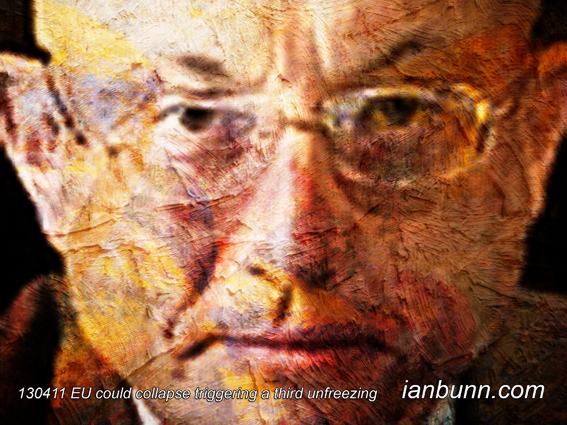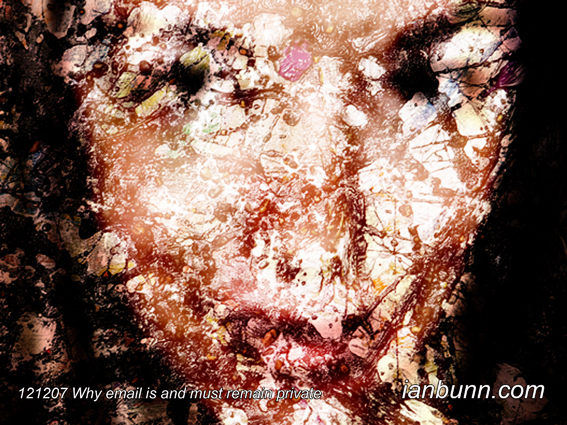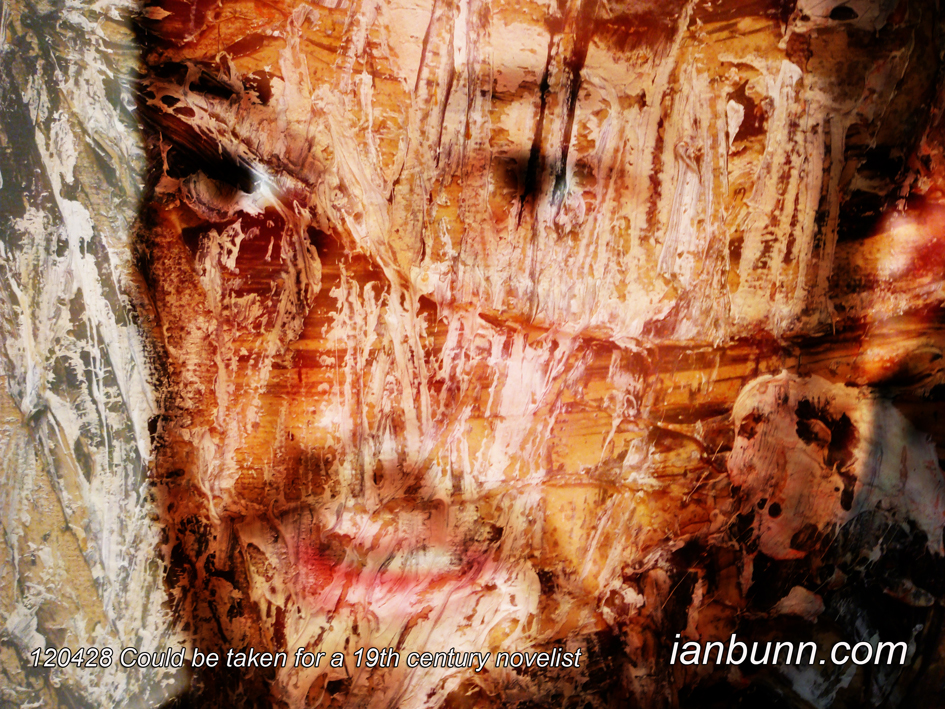 EU could collapse triggering a third unfreezing (April 11 2013)
EU could collapse triggering a third unfreezing (April 11 2013)
Sergey Karaganov the Russian political scientist who heads the Council for Foreign and Defence Policy, a security analytical institution, and has been Presidential Advisor to both Boris Yeltsin and Vladimir Putin, has published an article on the Project Syndicate titled ‘Fatal Thaws’. Karaganov states “During the Cold War, the Soviet Union and, in a milder way, the United States imposed external limits on the activities of states and societies, causing longstanding conflicts among smaller countries to be “frozen”. Following the Soviet Union’s collapse in the 1990’s, those conflicts began to “unfreeze”. With interethnic tensions already on the rise, Yugoslavia was the first country to dissolve into conflict. Soon after, war broke out between Armenia and Azerbaijan, followed by fighting in Transdniestria and Chechnya. … Most threatening, however, is the possibility that the EU could collapse, triggering a third unfreezing. The EU, established to break the destructive cycle of European nationalism that had facilitated the rise of two totalitarian systems and caused two world wars, amounted to the creation of a prototype of a humane world order. After being its own – and thus the world’s – worst enemy for centuries, Europe became a beacon of peace. …At the same time, Europeans must prepare for an even more profound transformation. In order to regain economic competitiveness, European countries will have to abandon many of their social-welfare policies and reform their political institutions. Most Europeans prefer to ignore the looming challenge of radical policy reform, owing to the decline in living standards that it implies. Global leaders must encourage Europe to tackle its problems decisively by offering advice, financial support, and constructive criticism. Russia must continue to press for an Alliance of Europe – a new framework for economic and diplomatic relations among the EU, Russia, and the rest of Greater Europe – which could offer a way out of Europe’s systemic crisis. The first unfreezing had serious consequences. Now, global leaders must work to minimize the fallout of the second, and use all available means to prevent a third.”
Inspired by Sergey Karaganov, Project Syndicate ow.ly/j4BYH Image source http://karaganov.ru ow.ly/j4BHb

